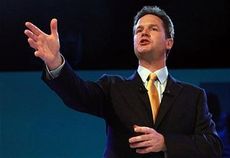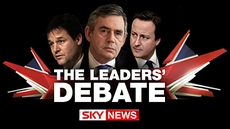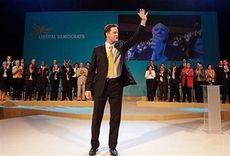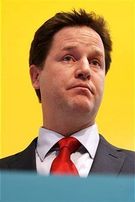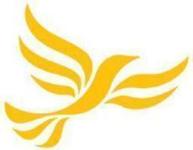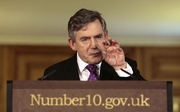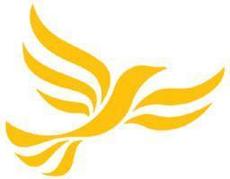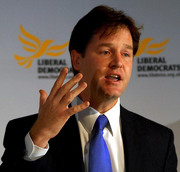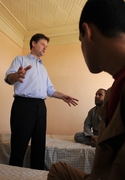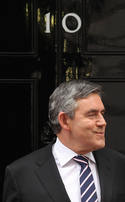PMQs Live Blog | 28 October 2009
Stay tuned for live coverage from 1200. 1159: Still waiting for the main event. You can watch it here, by the way. 1203: And we’re off. Brown starts by paying tribute to British troops in Afghanistan, as well as aid workers killed in Kabul 1204: First question from Stephen Hepburn on whether pleural plaque victims will get compensation. 1205: Here’s Cameron now. As expected, he leads on Brown’s embarrassing U-turn of TA cuts; an issue the Tories have been pushing for the past couple of weeks. Cameron asks hopw Brown could have thought about cutting training during wartime. 1206: Strange. Brown responds by repeating his condolences – it’s basically a




